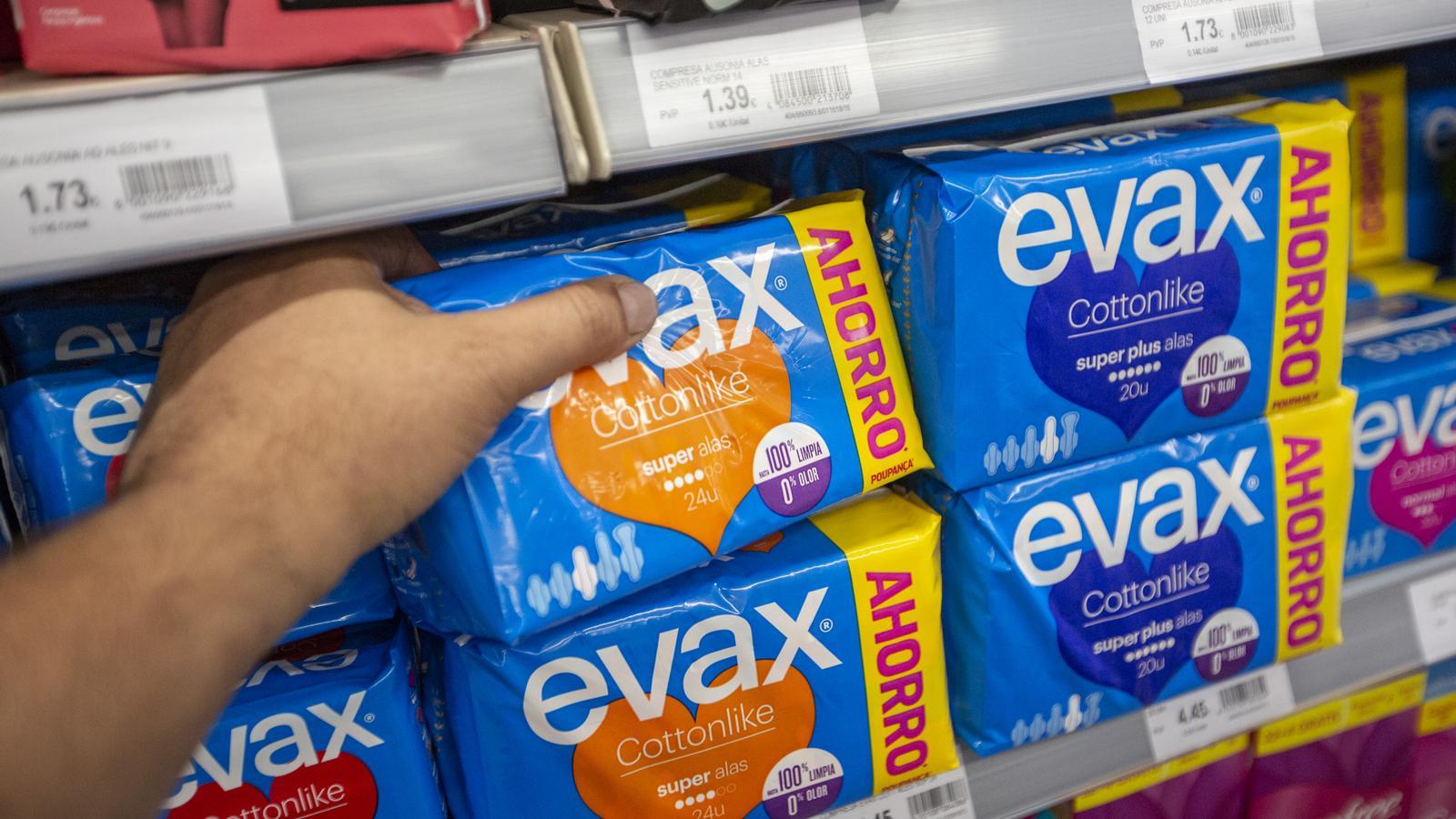Bathing during your period: is it true that it stops?
Let's debunk one of the most widespread beliefs about menstruation.


There are many myths surrounding menstruation and, in general, female sexual health. The lack of medical research into women's bodies, but also taboos and sexism, have led to many problems being explained in secret or solved through word of mouth and folk medicine. One of the most widespread beliefs is that bathing during menstruation causes the bleeding to stop: we explain why this isn't true.
To begin with, menstruation is based on a hormonal cycle that will occur regardless of whether we bathe or not. If we sometimes have the feeling that the blood starts to flow again when we get out of the water, it's probably because the discharge in our vagina has been "cleaned" while we were bathing. This is how Alicia Rubio, a midwife at Hospital del Mar, explains: "When the blood from the uterus runs back down to the vagina, it seems like we're having our period again, but in reality it has never gone away; rather, the area that was full of blood has been cleansed by the water." This sensation depends on each individual's pelvic floor, but the fact that a little water enters the vagina does not imply any risk of infection, Rubio clarifies.
It is also said that the temperature of the water can stop bleeding. "If the water is very cold and there is a significant contraction, perhaps no blood will come out at that moment. But only someone who has a large amount of flow will notice this," explains the midwife. This does not mean that our period will stop, but rather that the contraction of the muscles prevents it from leaving the body. However, the blood does not stop flowing from the uterus, since it is not a voluntary muscle that we can control.
A cycle that can be altered
Although the menstrual process can't be stopped, the hormonal cycle can be altered, for example by alcohol. When we drink, we rest less, and this causes some hormones to be secreted differently, which could lead to more painful periods. On the other hand, regular exercise can help us have more stable and regular periods, and also with less pain, according to Rubio.
